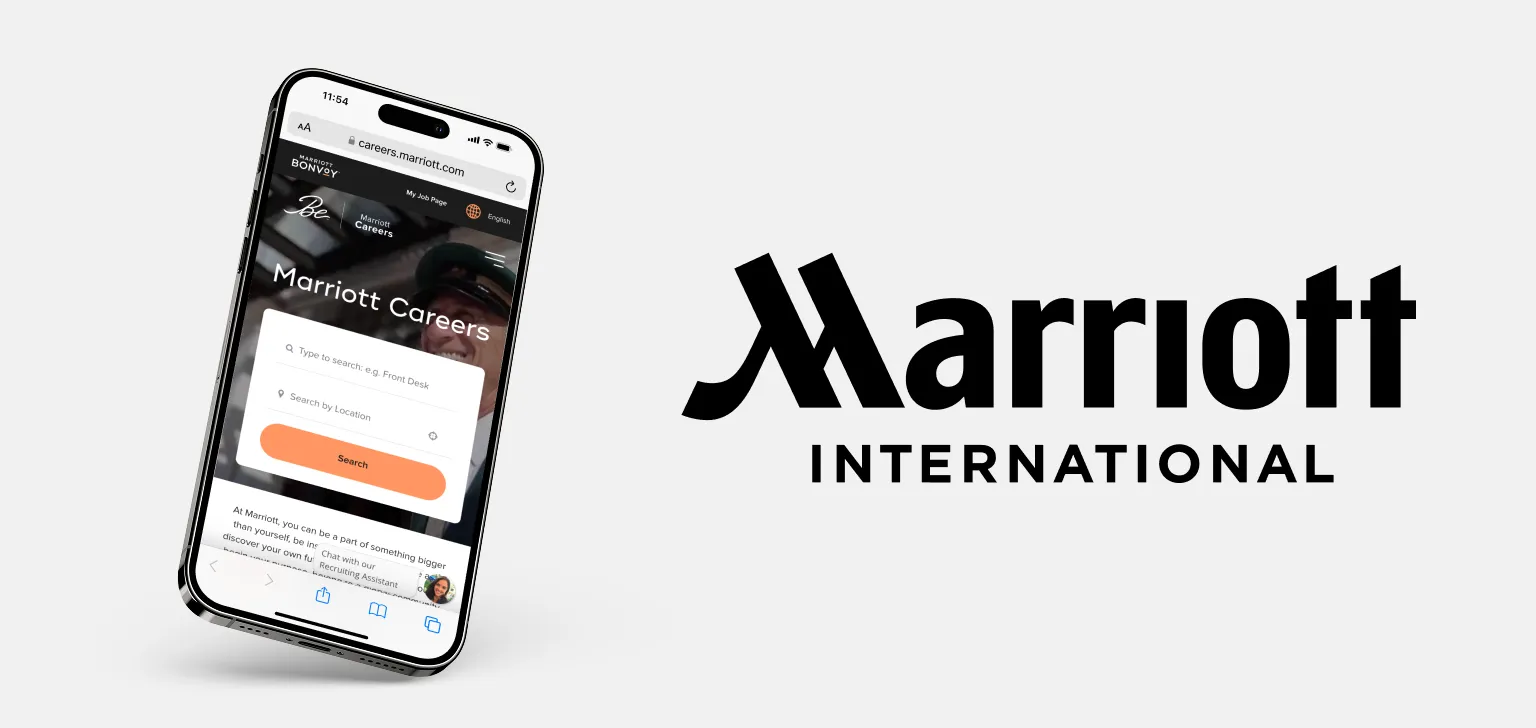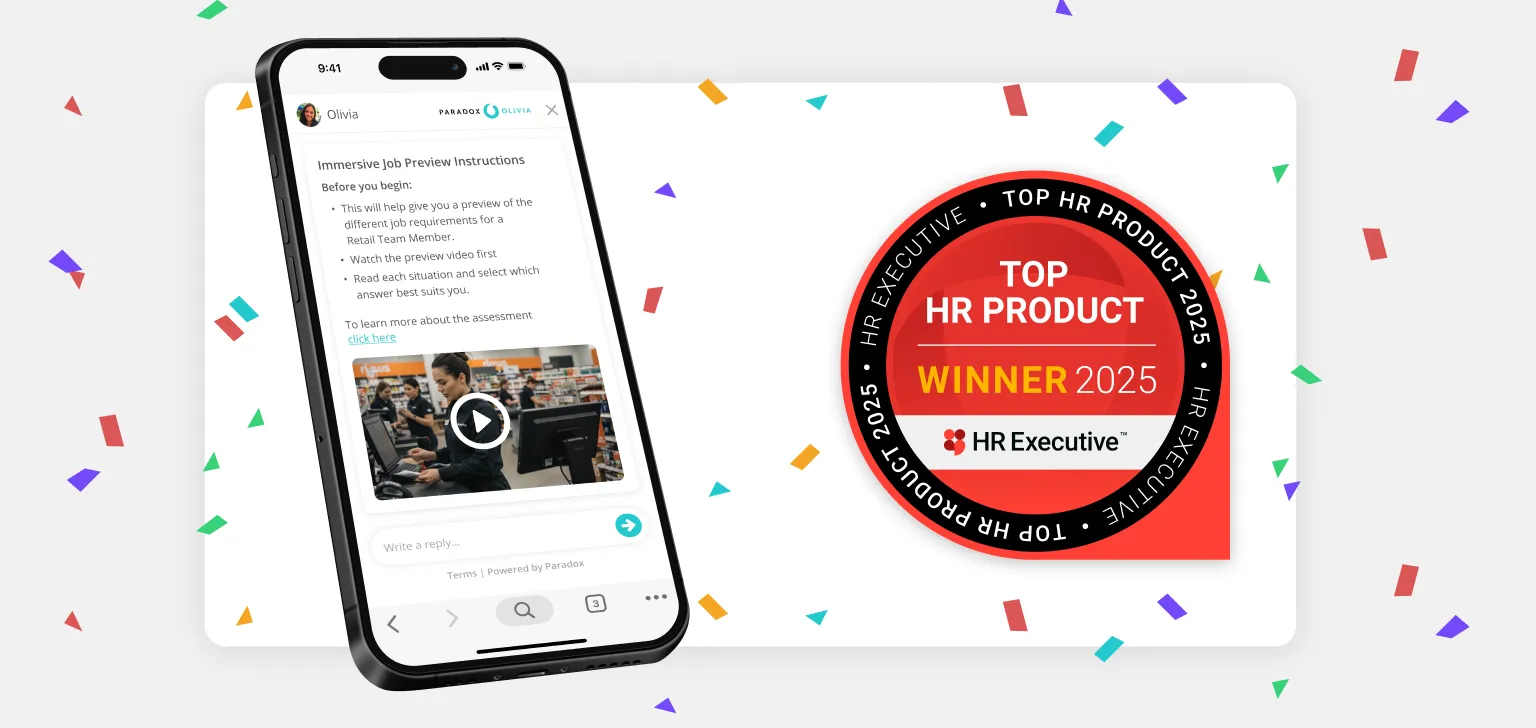Stephanie has spent the past 20 years as a hair stylist convincing her clients to purchase beauty products they never knew they needed.
“95% of my services fall under showing clients the benefits of different products," said Stephanie. “People don’t know what they want.”
Her inclination is true — and applicable to more than just pomade. Expert research says that because of humanity’s impact bias, a majority of people overestimate the emotional impact of a particular choice. AKA: People are generally bad at predicting what will make them happy. When faced with options, most people tend to prefer known brands, products, and experiences. Staring into the vast void of the unknown, we like to flee towards the familiar.
That hesitancy can be seen in today’s reactions towards the emergence of AI. Most people have stated they prefer human interactions versus talking to AI. But do they really?
Stephanie herself was a little skeptical. As a hairstylist, she spends her working hours having conversations with people. Those interactions were what she was familiar with — those were the conversations she knew she liked. But as it turned out, Stephanie and her decision-averse customers had more in common than she thought. She didn’t know what she needed.
She didn’t know that AI interactions could make her life easier.
But recently, Stephanie applied for — and got — a job cutting hair at Supercuts, with an AI assistant guiding her through the hiring process. What she discovered was a much better candidate experience.
This is the story of how an AI skeptic changed their perspective.
What a candidate-friendly hiring experience looks like.
Pre-Supercuts, Stephanie was working as a medical assistant and running her own styling business on the side. What brief spare time she had was spent being a mother to her two daughters. Looking for a job that would add more stability to her schedule, Stephanie began to apply for multiple open 9-5 roles.
Or at least she tried.
Stephanie wound up frustrated with many job applications. They were long, clunky, and required way too much commitment from her already fleeting free time. When she did submit an application, the results were often unideal.
“Usually I didn’t get a response, or had to call 10 times just to get a hold of someone,” she said.
Then Stephanie stumbled on Supercuts’ career site. There, a smiling assistant nestled in the corner of Stephanie’s screen prompted her to start an application for a position near her.
That assistant then asked Stephanie a few screening questions in real time, and Stephanie was able to answer right on her phone. Simple stuff: What’s your name? How long have you been cutting hair? Do you have a license? Stephanie didn’t even have to think — this was all second nature to her. And immediately after, the assistant helped Stephanie schedule a job interview.
The whole application process took three minutes.
And Stephanie started working at Supercuts the next day.
The helpful assistant that guided Stephanie through the process seamlessly? Yup, it was actually conversational AI; a hiring assistant that Supercuts calls Olivia. It was fast, easy, and simple.
“I couldn’t have asked for a better way to apply.”
Why creating a positive experience matters.
Stephanie’s story is not unique.
Regis Corporation, the salon chain that manages all Supercuts locations, has seen an overall 86% reduction in time to hire since implementing conversational AI into their hiring process. And that speed is not at the detriment of applicant satisfaction. In fact, AI recruiting has a higher satisfaction rating than traditional application methods.
“I’ve never had this experience in other places,” Stephanie said. “It makes you feel needed and it makes you feel wanted.”
To her, the simple application signaled a gesture of respect: for her time and experience. The conversational application immediately positioned Supercuts not just as a place to cut hair, but as an employer that valued their employees. And in hindsight, the process reflected the close-knit bond of the Supercuts employees.
“All I can say is this place is not a job. It’s a family. And I knew that from the very start,” Stephanie said.
For a franchise location where stylists take pride in picking up the slack for each other and forming relationships outside store doors, why shouldn’t the application process be as conversational as one between friends? Supercuts’ first impression on Stephanie propelled her to a positive Day 1 on the job.
And Day 2.
And Day 50.
Rebutting the fear of AI (and job applications).
Stephanie believes that people’s affinity to the familiar affects how they approach job hunting.
“There’s a lot of anxiety in starting over — starting something new. Applying to jobs can be really stressful.”
For Supercuts’ candidates, Olivia makes it easy. Casual. Familiar. Like having a quick chat with a friend. Olivia doesn’t judge who should get a job — that decision still falls on the shoulders of the hiring managers that best understand their franchise. What conversational AI assistants like Olivia will do, though, is keep things simple for candidates and provide an environment that even the less tech-savvy can thrive in.
And because of the speed and simplicity of each application, the hurdle of starting over doesn’t seem so imposing.
Candidates apply on their time, when they are ready, day or night.
“If everyone knew they could apply this way, there wouldn’t be a shortage of candidates,” she said.
In the grand scheme of things, people may not always know what they want. But it’s clear that those who’ve applied to jobs with AI have found a new preference.











